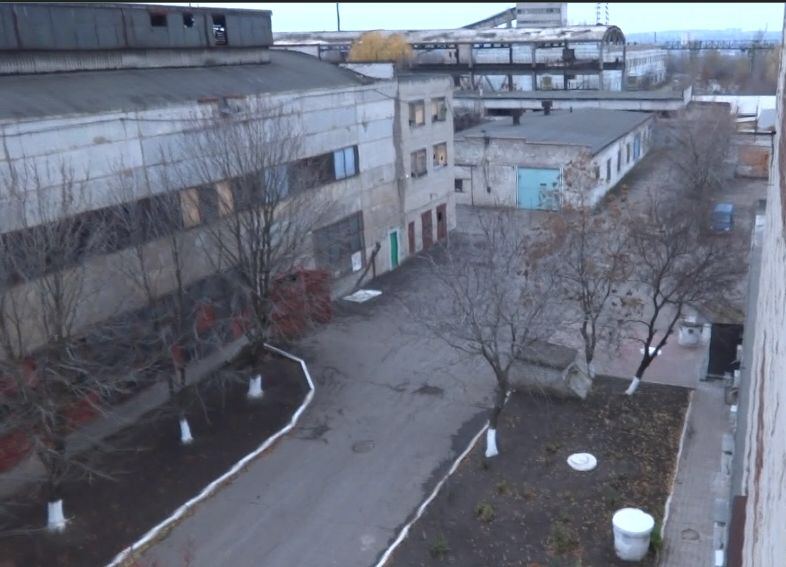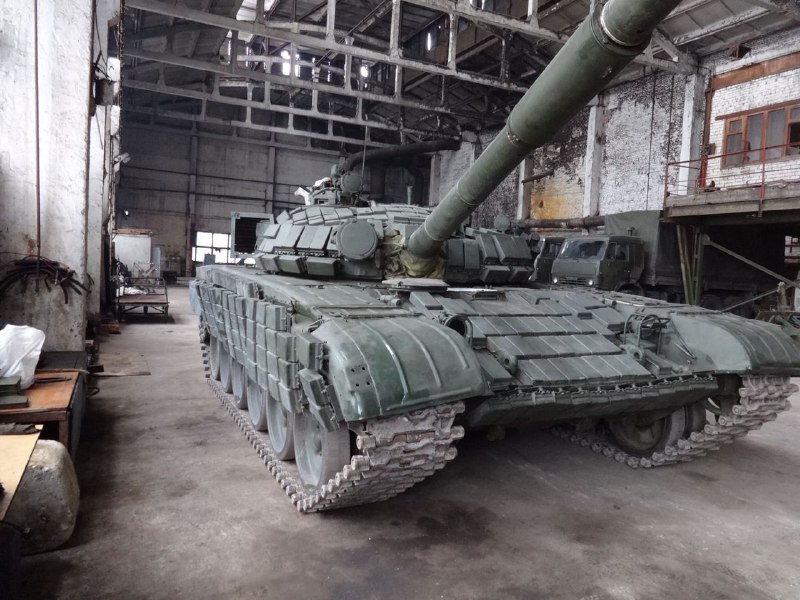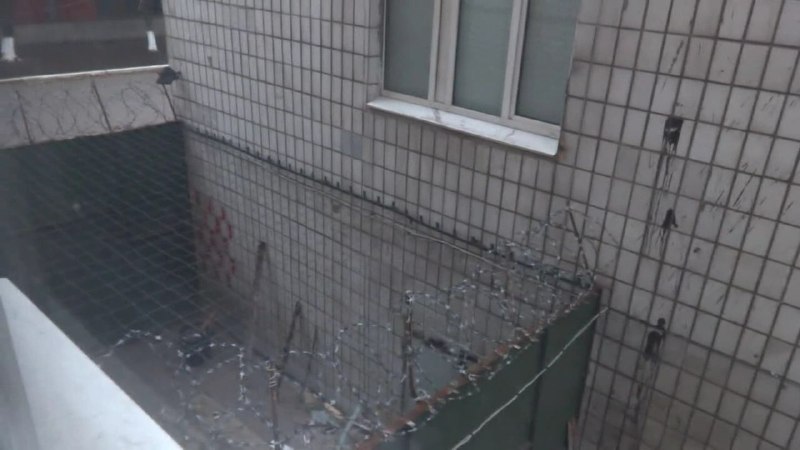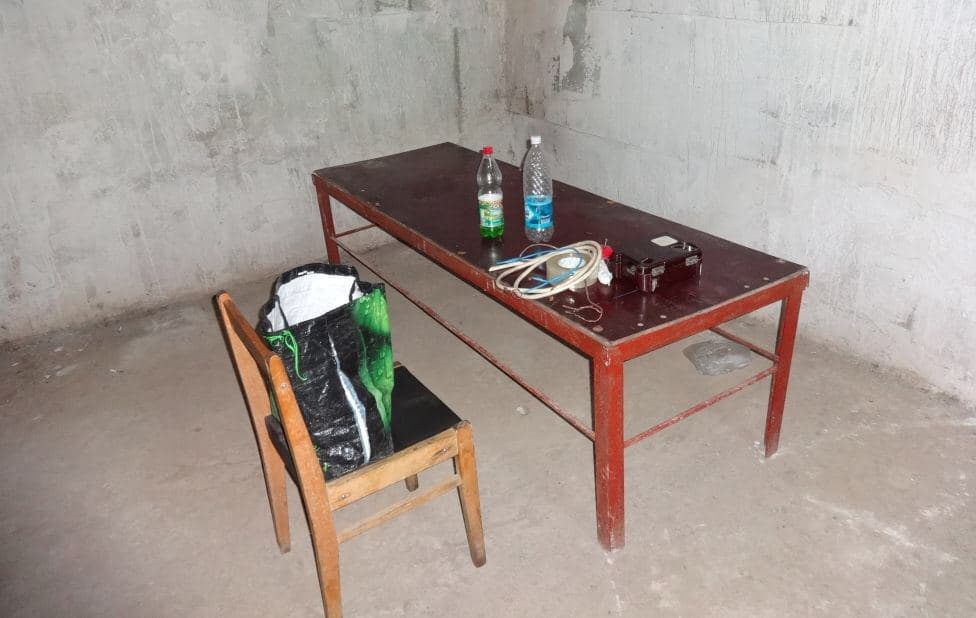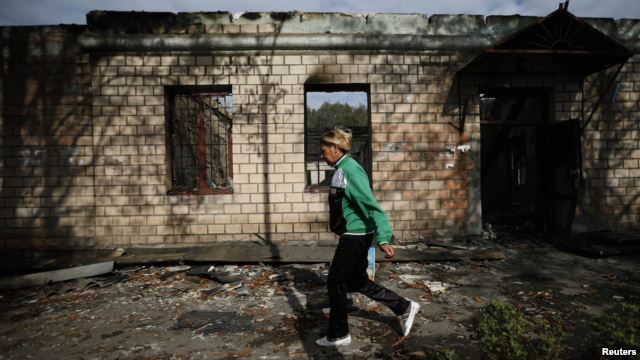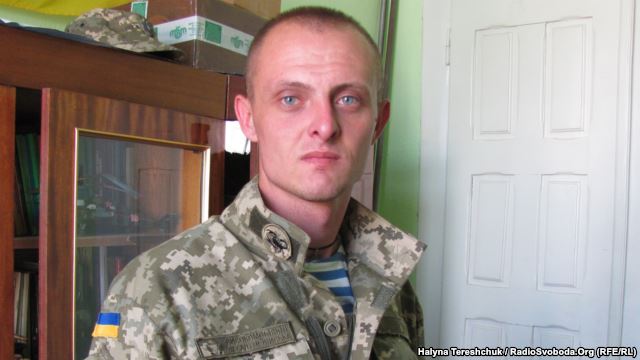Before the Russian occupation of Donetsk, what is now a prison was home to the international charity foundation "IZOLYATSIA. Platform for Cultural Initiatives," and hosted various art exhibitions and events. And now those pro-Ukrainian Donetsk locals who had managed to get out of the illegal prison describe the place as a "concentration camp."

The Izolyatsia: Must Speak website demonstrates the shocking transformation of the creative space which formerly used to bring together artists from around the world into a terrible place of torture run by the Russian-hybrid forces.
The website is built as an interactive tour around the premises of the prison where the audience can see the pre-war art installations at major facilities of the neglected old insulation materials factory at the time of its being the art center, and to find out how the particular facility is used now by the occupation forces.
For example, there is a branching network of underground passages, vaults, storage rooms under all nine factory buildings. Some of these underground structures became prison cells.
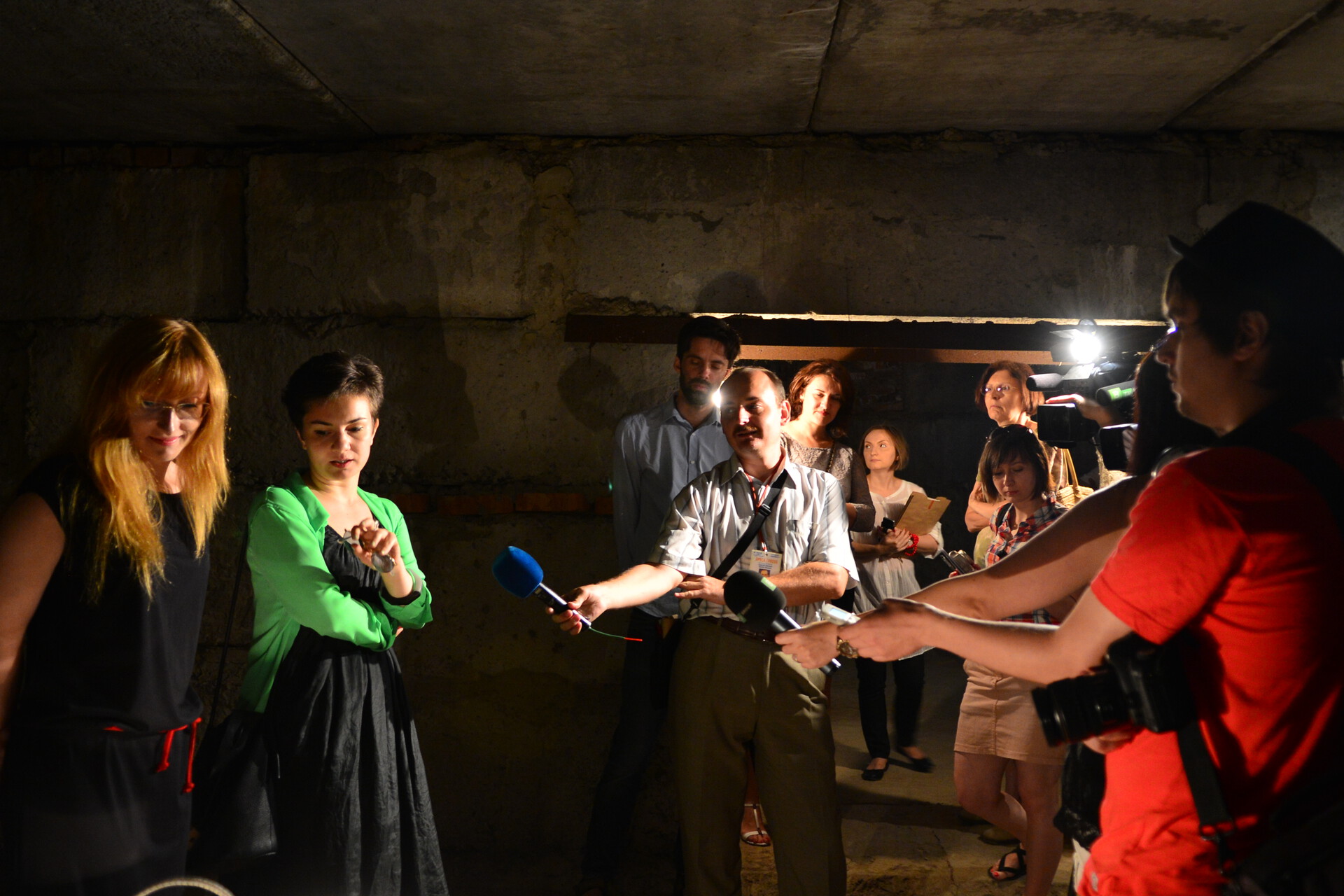
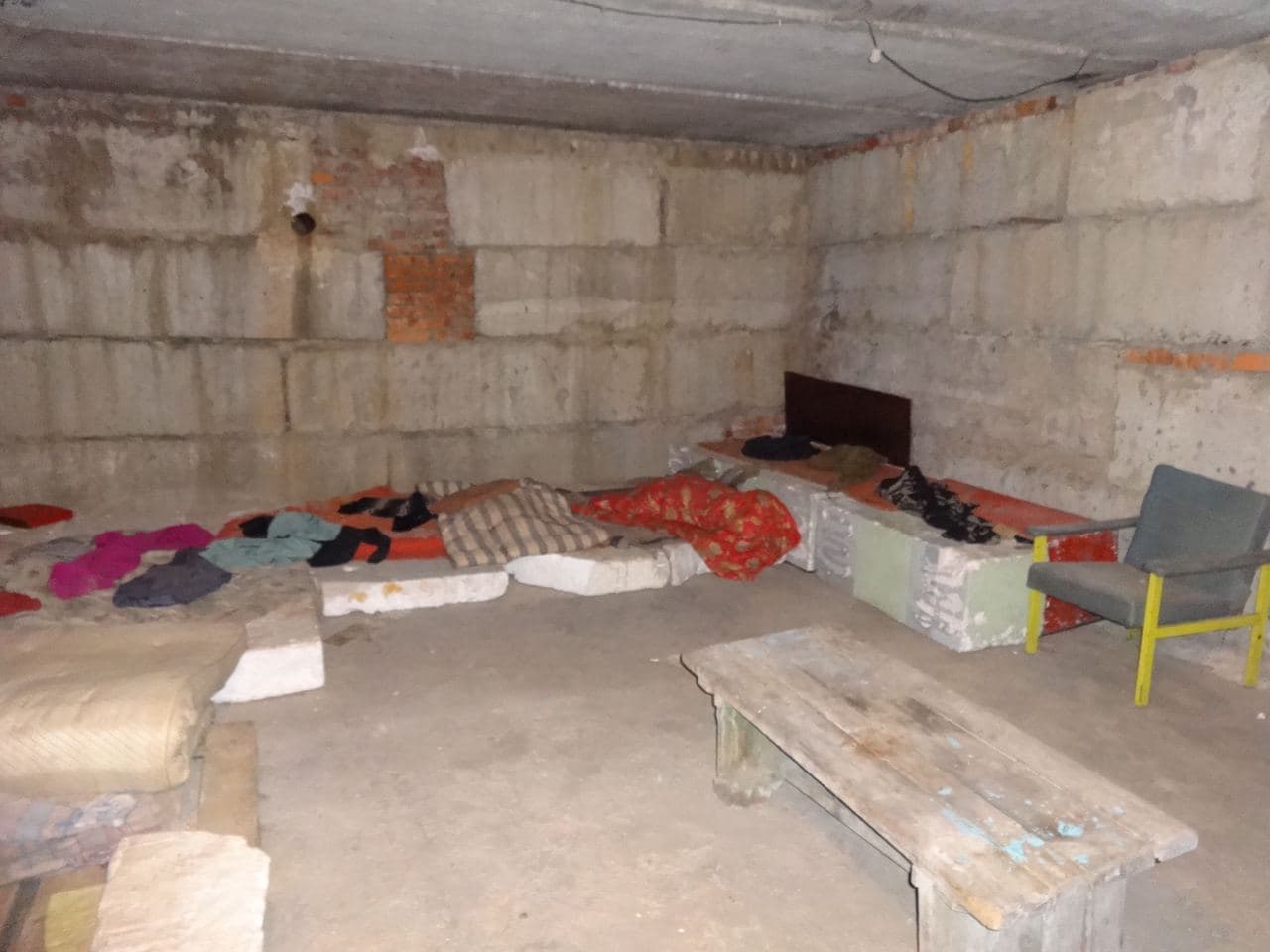
Based on testimonials of former captives of the Izolyatsia prison, the project lists the following methods of torture and harsh treatment of the prisoners at the facility:
- Denial of food, water, sleep, use of toilet;
- Beating, blows with arms and legs;
- Beating with wooden or metal sticks, rifle-butts or truncheons;
- Choking with plastic bags and waterboarding;
- Electric shocks;
- Mock execution;
- Blindfolding and handcuffing the detainees for several days;
- Dousing the detainees with cold water during interrogations;
- Forced denudation and other forms of sexual violence;
- Verbal abuse and threats, including threats of sexual violence and violence against the detainees’ relatives. Torture of relatives in front of prisoners is also practiced.
Meanwhile, the old factory buildings on the fenced premises of the art center became workshops, living quarters for prison guards, a detention center, a torture chamber, a tank depot, a shooting gallery.
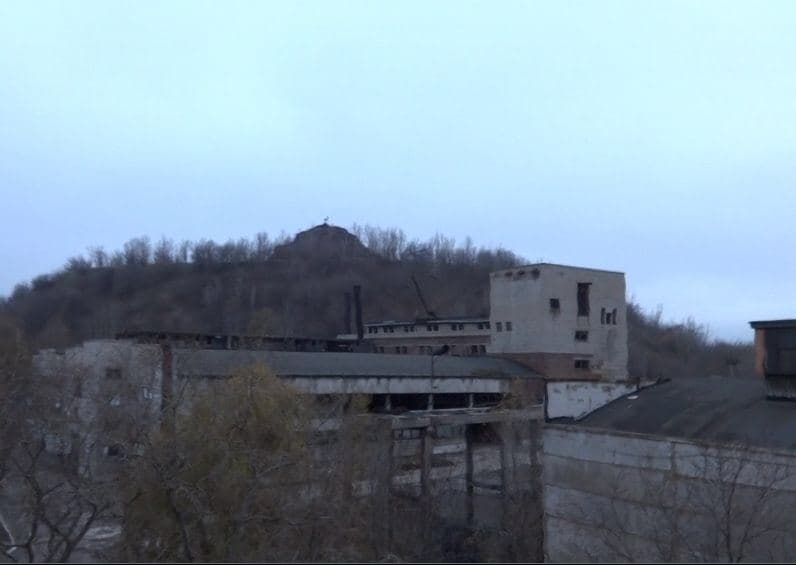
"Ukraine urges the international community to increase pressure on Russia to stop human rights violations in the temporarily occupied Ukrainian territories, as well as force the Russian Federation to release all illegally held Ukrainian citizens and to close the illegal Izolyatsia prison and other similar facilities," reads a Facebook post by the Embassy of Ukraine in Berlin.
Read more:
- Ukraine detains warden of concentration camp of Russian-occupied Donetsk
- Three warders who tortured prisoners in occupied Donbas “concentration camp” ID’d as Russian citizens
- First public photos of Russian-run Donetsk concentration camp leaked online
- BBC: How the “DNR” special services & troll factory scare Russians with terror attacks
- Is sexual violence used as a weapon in the Donbas War?
- Donetsk art center turned into concentration camp: former hostages share their memories
- Displaced art. The IZOLYATSIA art center, having fled occupied Donetsk, flourishes in Kyiv



